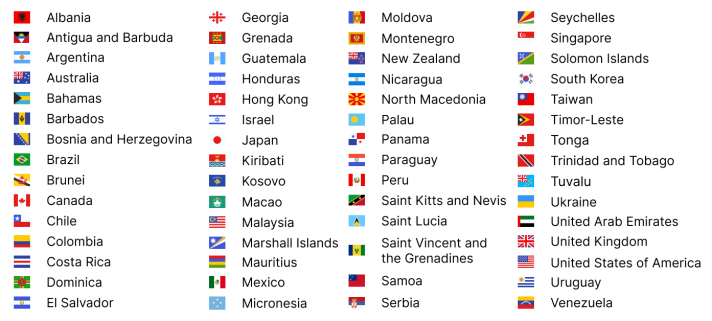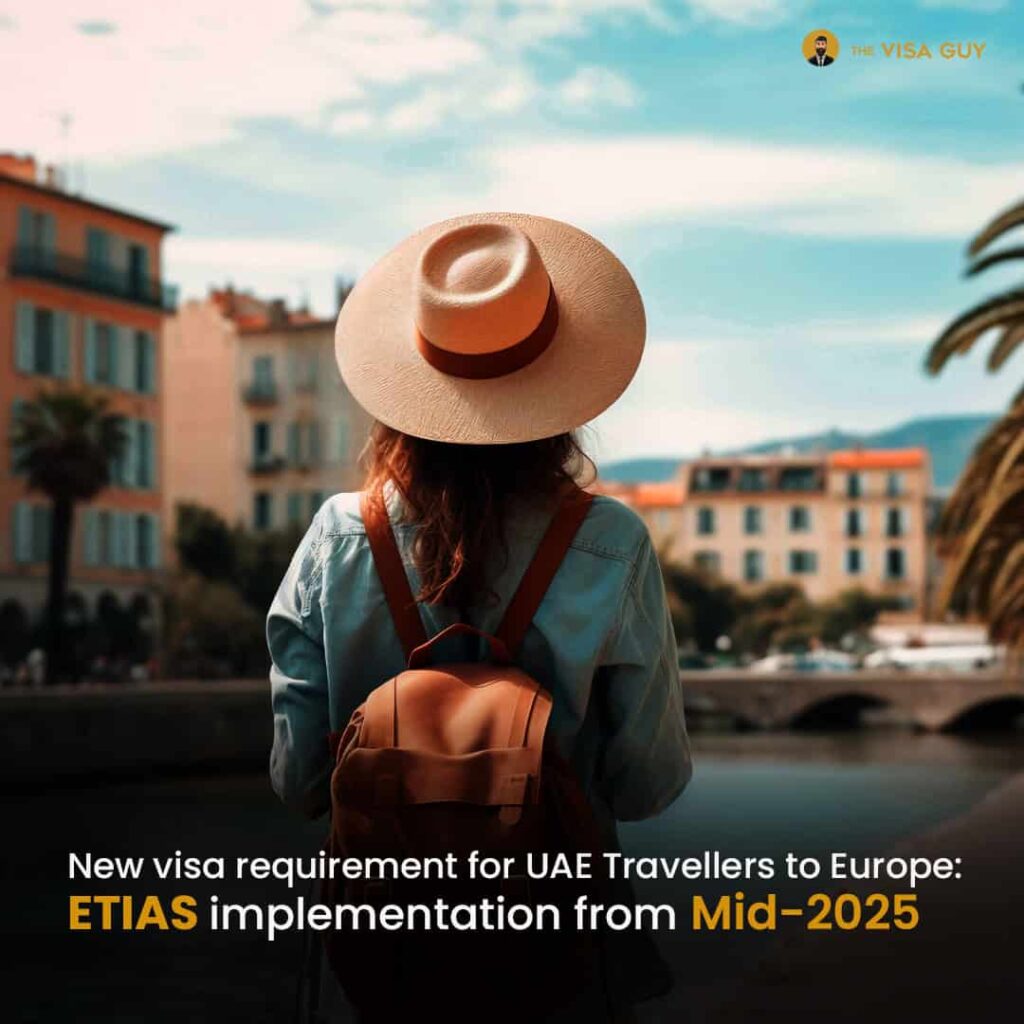A latest update affecting travel from the around the world to Europe, non-EU nationals like the US citizens, UK citizens, Japanese citizens and UAE citizens, Malaysian citizens will now need to obtain a special permit known as the European Travel Information and Authorisation System (ETIAS) to visit certain European countries starting from mid-2025. This initiative aims to bolster border security by screening visitors before their arrival.
Understanding ETIAS
ETIAS serves as a visa waiver, requiring completion of an online security screening application before travelling to 30 European countries.

How ETIAS Works for UAE Travellers
ETIAS allows travellers to engage in tourism or business activities within participating European countries for short stays of up to 90 days within a 180-day period. However, longer stays or specific activities like work or study may necessitate a separate visa. Upon approval, the ETIAS authorization is linked to the traveller’s passport, valid for up to three years or until passport expiration. It is to be noted that UAE residents will not be able to make use of this, it is only available for UAE citizens or passport holders.
Application Process and Fees
To apply for ETIAS, travellers must possess a passport with at least three months of validity remaining and be less than 10 years old. The application entails providing personal details, passport information, employment and education history, and travel intentions. The application fee, non-refundable, is 7 EUR, roughly equivalent to AED 30, with exemptions for applicants under 18 or over 70 years old. Payment can only be made via debit or credit card.
Every traveller is advised to be vigilant of imitation websites claiming affiliation with ETIAS. Only one official website processes ETIAS applications, accessible at travel-europe.europa.eu/etias.
This development underscores the evolving landscape of international travel regulations, necessitating proactive measures from travellers planning trips to Europe.




Can i know more ?
Hi there! Greetings from The Visa Guy 😊, sure we will assist with you that. Kindly contact in +971 525263232